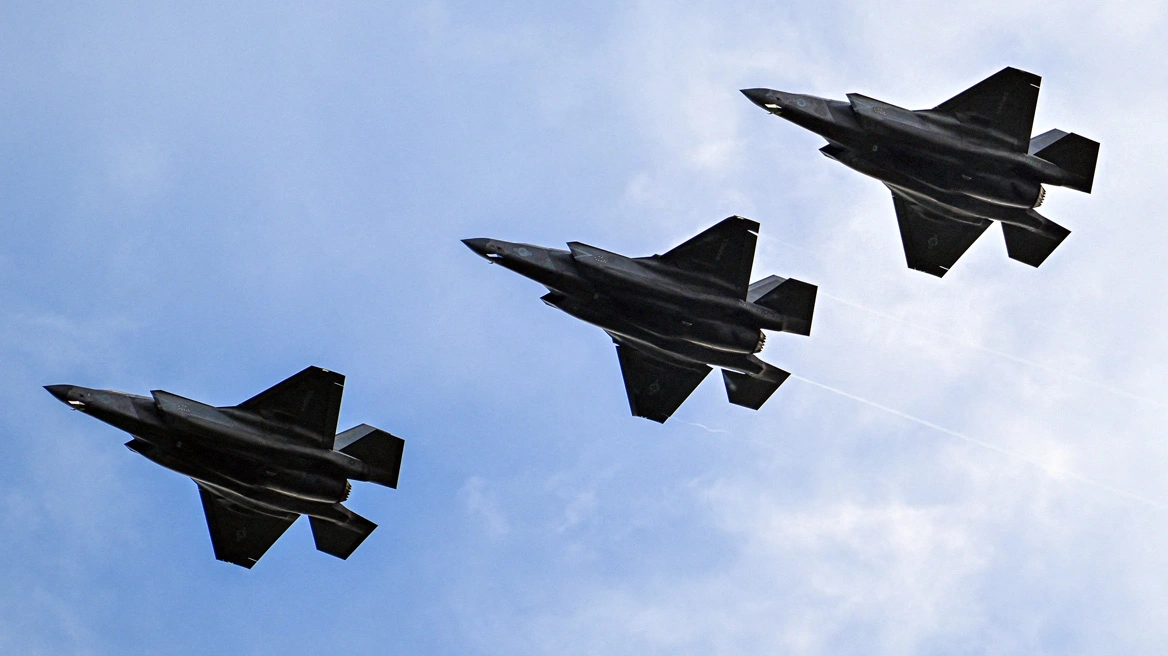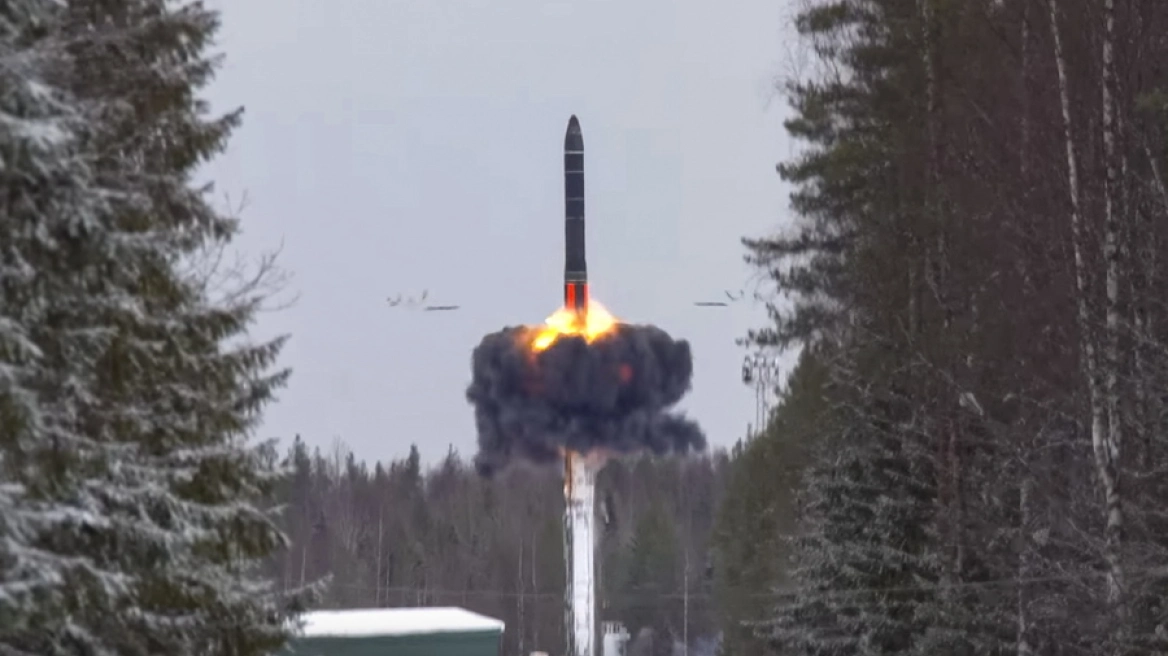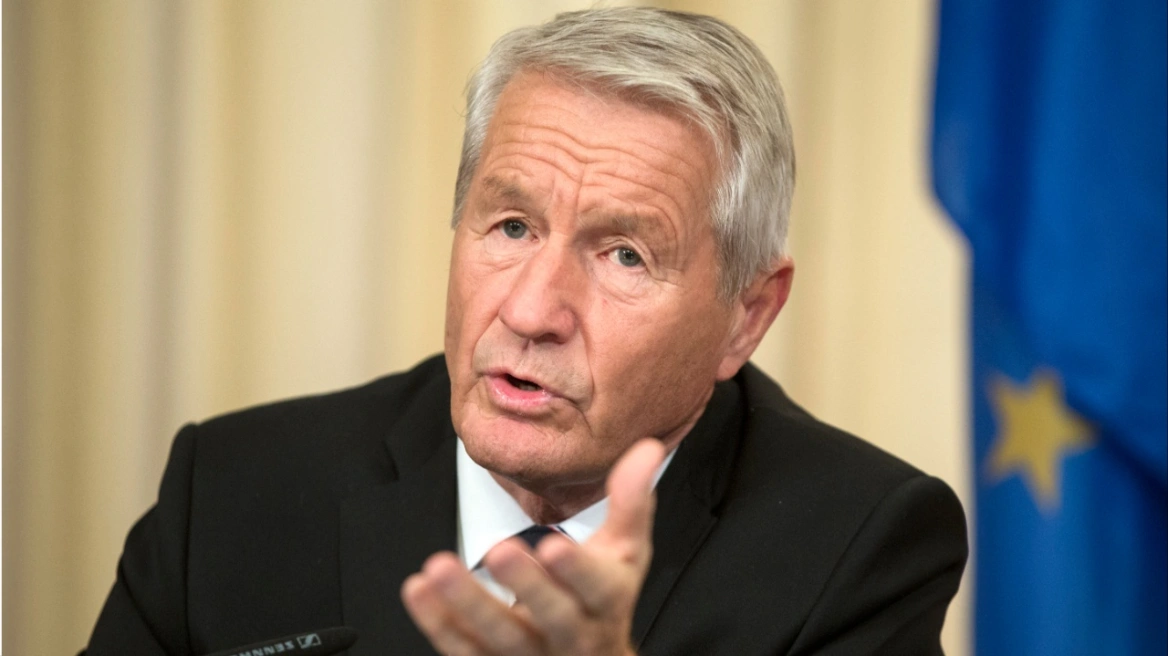As he helped plan massive demonstrations in Chicago to protest the 2012 NATO summit, Matt McLoughlin knew he was up against a formidable police force. An organizer with Chicago’s Occupy movement, he had watched as the city spent millions beefing up security. The Chicago Police Department invested in riot gear. It rolled out a controversial Long Range Acoustic Device, a sonic weapon that emits a piercing chirping sound. Police rounded up protesters who demonstrated against defunding mental health clinics. Then, shortly before the May summit began, authorities arrested three people in McLoughlin’s circle, and he discovered that the group had been infiltrated by undercover cops.
It turns out that there was more: Police also weaponized social media.
As tens of thousands of people flooded into Chicago’s streets, carrying signs that read “FOOD NOT BOMBS” and “NO TO WAR AND AUSTERITY,” McLoughlin was one of several organizers who posted updates on Occupy Chicago’s two Twitter accounts, sharing information on planned march routes and where protesters could find food and lodging. Newly discovered documents show that many of his tweets likely ended up flowing through CIA-funded data analytics software accessed by police.
USAF will cut Turkey from F-35 production
The Golden Ratio – A sacred number linking the past to the present
According to the documents and to video presentations, CPD used a tool called Endeca Information Discovery, a product from tech giant Oracle, to merge crime records, 911 calls, and other routine police information with protesters’ tweets.
Oracle claims that Endeca helps police and other agencies make sense of mounds of big data. Like the more well-known government analytics software Palantir Gotham, the software owes its rise to “war on terror” surveillance and to backing from the CIA venture capital firm In-Q-Tel. Oracle acquired Endeca in 2011.
Read more: The Intercept
Ask me anything
Explore related questions





